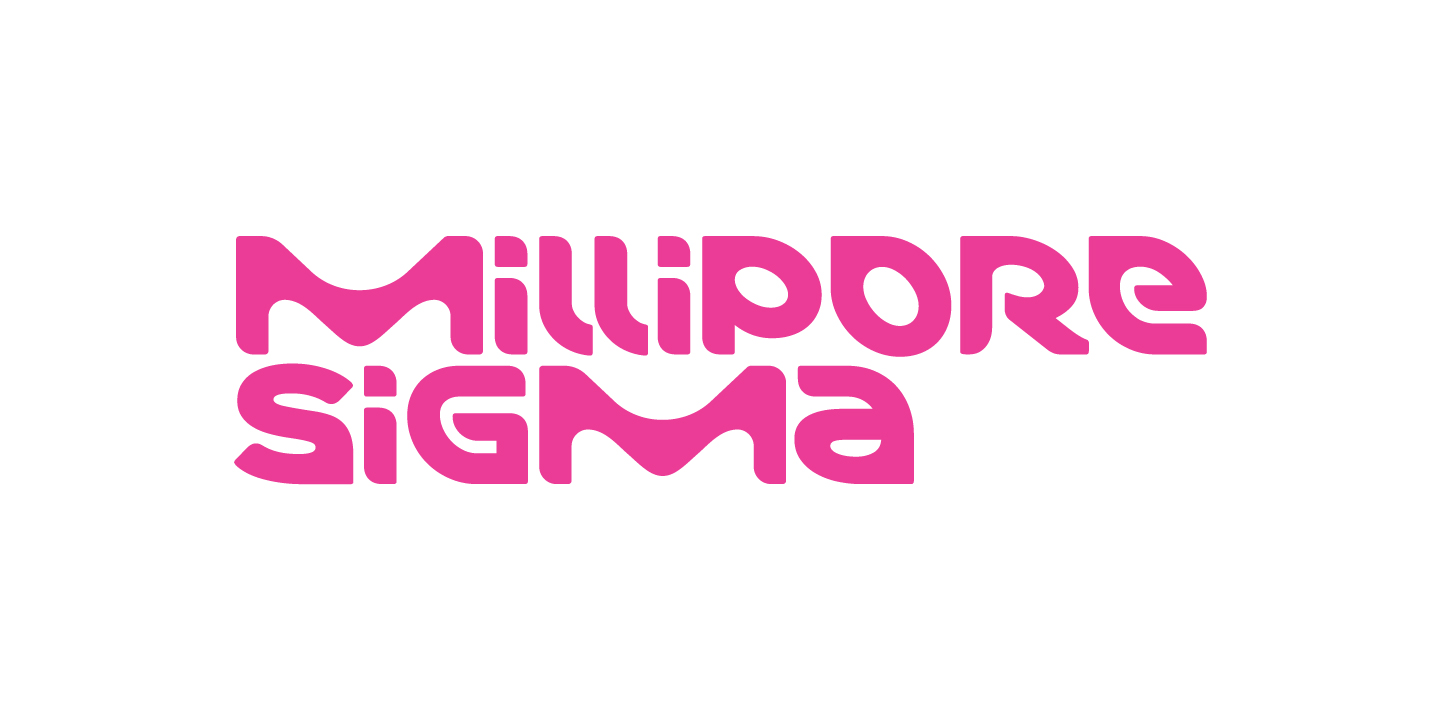The Life Science Business of Merck KGaA, Darmstadt, Germany Named Standout in Sustainability Category for Fast Company’s Best Workplaces for Innovators 2022

The Life Science business of Merck KGaA, Darmstadt, Germany, which operates in the U.S. and Canada as MilliporeSigma, was named one of seven standouts in the Sustainability category for Fast Company’s Best Workplaces for Innovators 2022.
Developed in collaboration with Accenture, the Fast Company 2022 Best Workplaces for Innovators ranks winners from a wide variety of industries, including computer science, biotech, consumer packaged goods, nonprofit, education, financial services, cybersecurity, engineering, diversity, sustainability, B2B, and consumer products and services.
The Life Science business of Merck KGaA, Darmstadt, Germany received this honor as it stood out to judges as a company that cultivates internal innovation to create more sustainable processes and products.
With more than 26,000 employees and a portfolio of 300,000-plus products focused on scientific discovery, biomanufacturing and testing services, the Life Science business of Merck KGaA, Darmstadt, Germany understands the importance of managing its environmental impact and is dedicated to making further strides in its commitment to driving significant sustainability improvements in its products.
The company acts on its commitment to responsibility through extensive programs in three main areas: greener products and solutions, sustainable operations and employee and community engagement. Guided by the Sustainability & Social Business Innovation team, the company’s employees actively shape the future through the company’s products and technologies to help solve global challenges by being sustainability multipliers. The team aims to leverage employee expertise and innovation to impact life and health with science through methodical, needle-moving actions as a sustainability multiplier.
Judges were specifically impressed by the company’s DOZN™ tool—a quantitative, life science industry-first evaluator.
The Innovative Idea that Sparked the DOZN™ Tool
In 2013, Jeffrey Whitford, head of sustainability & social business innovation, read a Fast Company article on the launch of a new Nike app. The app served as an in-house, open-source tool that charted the amount of water a given material would use, or the waste produced by a certain manufacturing process—ultimately allowing designers to choose green materials for apparel and shoe products and analyze their sustainable impact. By consulting the index during the design process, Nike reduced its greenhouse gas emissions by 18% from 2003.
Nike’s sustainability index app inspired the idea to apply sustainability principles to a tool for the life sciences industry. Jeffrey turned to Ettigounder (Samy) Ponnusamy, fellow & global manager of green chemistry at the Life Science business of Merck KGaA, Darmstadt, Germany to initiate the development of the tool. Samy was integral to brainstorming how to best develop a tool that would provide a consistent and reliable framework for measuring and comparing the greenness of the company’s chemicals, synthetic routes and chemical processes.
That tool became known as DOZN™—a quantitative, life science industry-first evaluator that uses the 12 Principles of Green Chemistry, developed by Paul T. Anastas and John C. Warner in 1991. Products receive an aggregate score on a scale of zero to 100, with zero being the most desired. It also raises awareness for scientists and communicates the environmental improvements for products labeled as greener alternatives.
Since the product’s launch, the team has worked alongside several colleagues to evolve the company’s DOZN™ tool to not only use data to help its business, but also to help its customers make informed decisions to reduce their environmental footprint, increase chemical efficiency and promote sustainability.
The DOZN™ system also instructs customers on calculating scores for products that the company does not offer, allowing them to carry out meaningful research while positively contributing to their own environmental impact goals.
To date, DOZN™ has more than 1,000 users at some of the most prestigious names in the academic world, government institutions and business-to-consumer companies, with more than 80% of them using the tool monthly. To date, the tool is cited in 52 publications.
Currently, the company is working on developing DOZN™ 3.0, and including updated substitution recommendations, machine learning, AI capabilities and CO2 foot printing.
Learn more about the company’s innovative strategies to shape the future through its products and technologies, enabling brilliant people to solve global challenges, by visiting its sustainability and social business innovation webpage.
About the Life Science business of Merck KGaA, Darmstadt, Germany
The Life Science business of Merck KGaA, Darmstadt, Germany, which operates as MilliporeSigma in the U.S. and Canada, has more than 26,000 employees and 55 manufacturing and testing sites worldwide, with a portfolio of more than 300,000 products focused on scientific discovery, biomanufacturing and testing services. Merck KGaA, Darmstadt, Germany, a leading science and technology company, operates across healthcare, life science and electronics.

